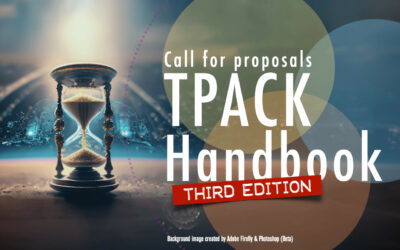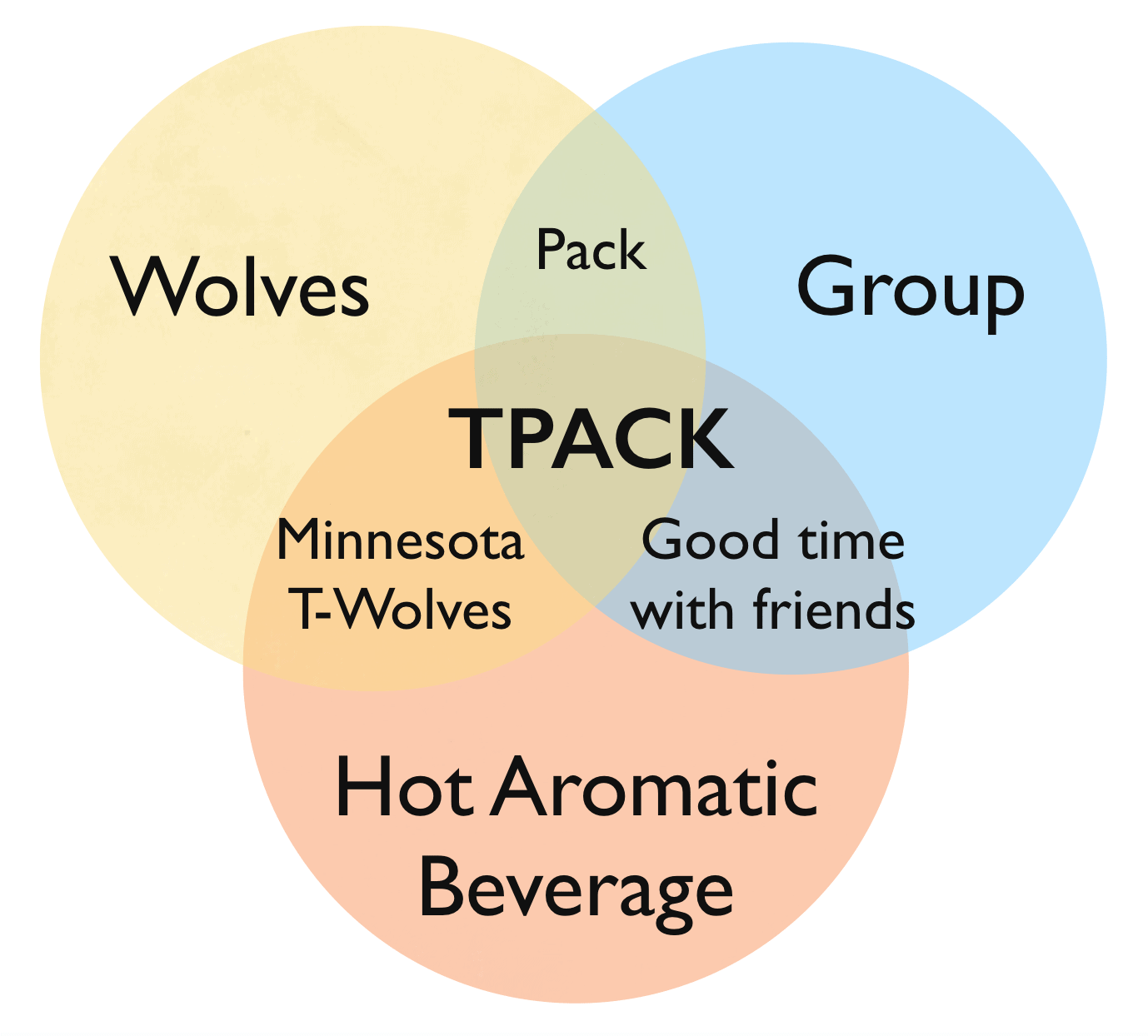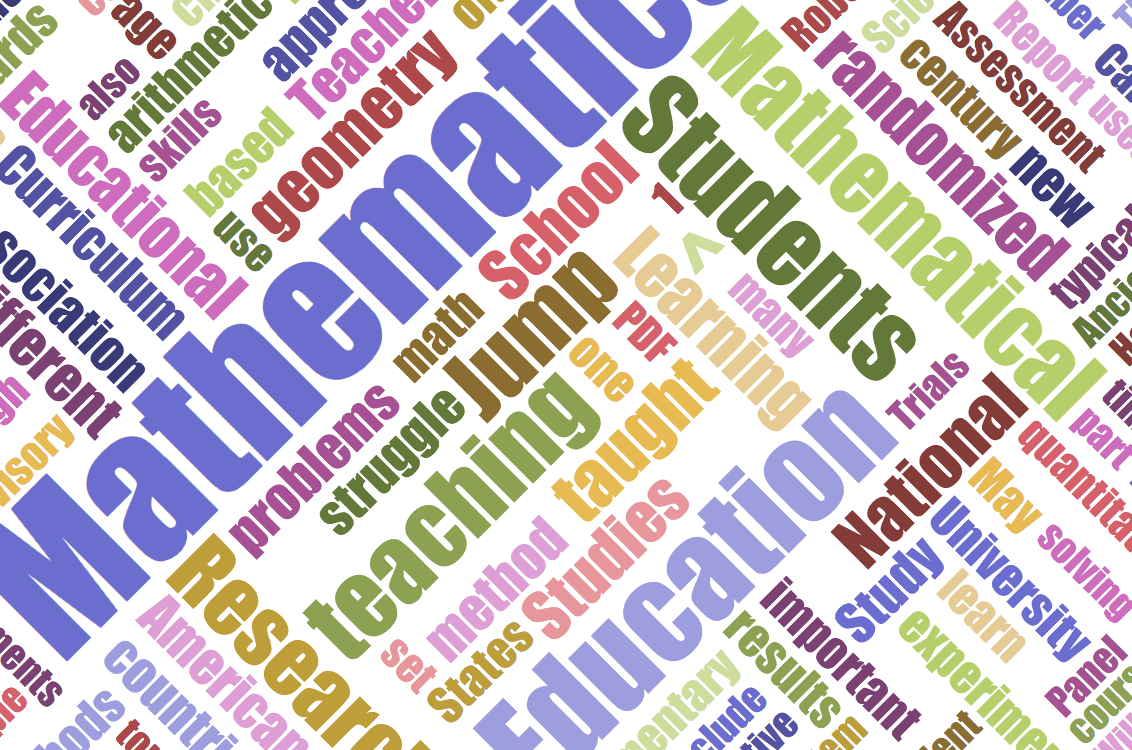Steven Johnson has a great essay on the future of text title: The Glass Box And The Commonplace Book.
I recommend reading the full thing but here is a quote that sort of captures his vision (though there is more, much more). Here is a great quote:
WHEN TEXT IS free to combine in new, surprising ways, new forms of value are created.
In another section he speaks of the page that results when you do a Google search for the word “journalism.”
Who is the “author” of this page? There are, in all likelihood, thousands of them. It has been constructed, algorithmically, by remixing small snippets of text from diverse sources, with diverse goals, and transformed into something categorically different and genuinely valuable. In the center column, we have short snippets of text written by ten individuals or groups, though of course, Google reports that it has 32 million more snippets to survey if we want to keep clicking. The selection of these initial ten links is itself dependant on millions of other snippets of text that link to these and other journalism-related pages on the Web. Along the right side of the page, we have short snippets of text written by five advertisers, mostly journalism schools as it happens, though they are in a silent competition with other snippets of text created by other advertisers bidding to be on this page. And then we have the text in the search field, created by me, which summons this entire network of text together in a fraction of a second.
What you see on this page is, in a very real sense, textual play: the recombining of words into new forms and associations that their original creators never dreamed of. But what separates it from the textual play that I was earnestly studying twenty years ago is the fact that it has engendered a two hundred billion dollar business.






Thank you for posting that. Yeah. That the one of the excellent essays I have ever read. “WHEN TEXT IS free to combine in new, surprising ways, new forms of value are created.” Hope to see many more forms of value to be created everyday. I love reading!